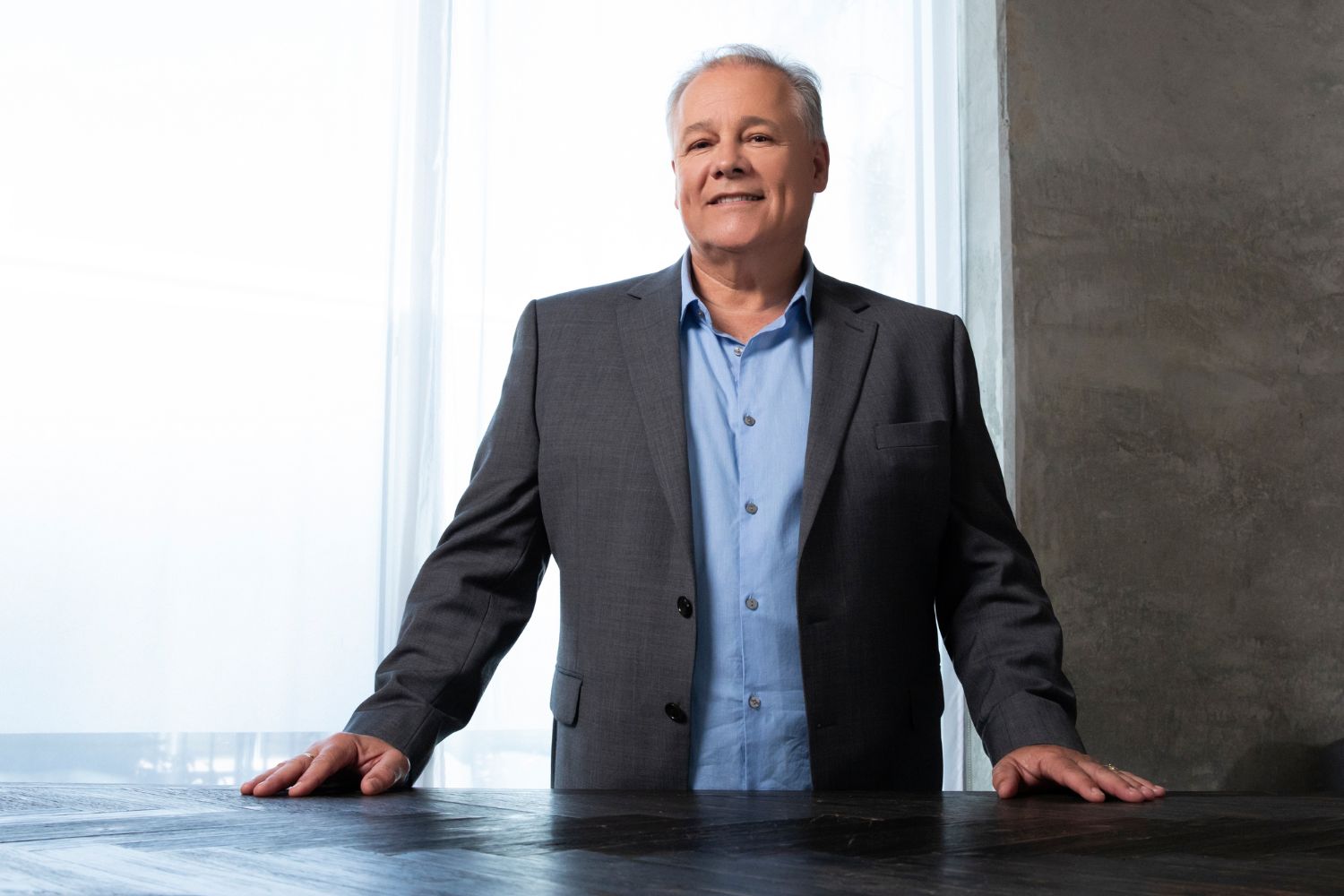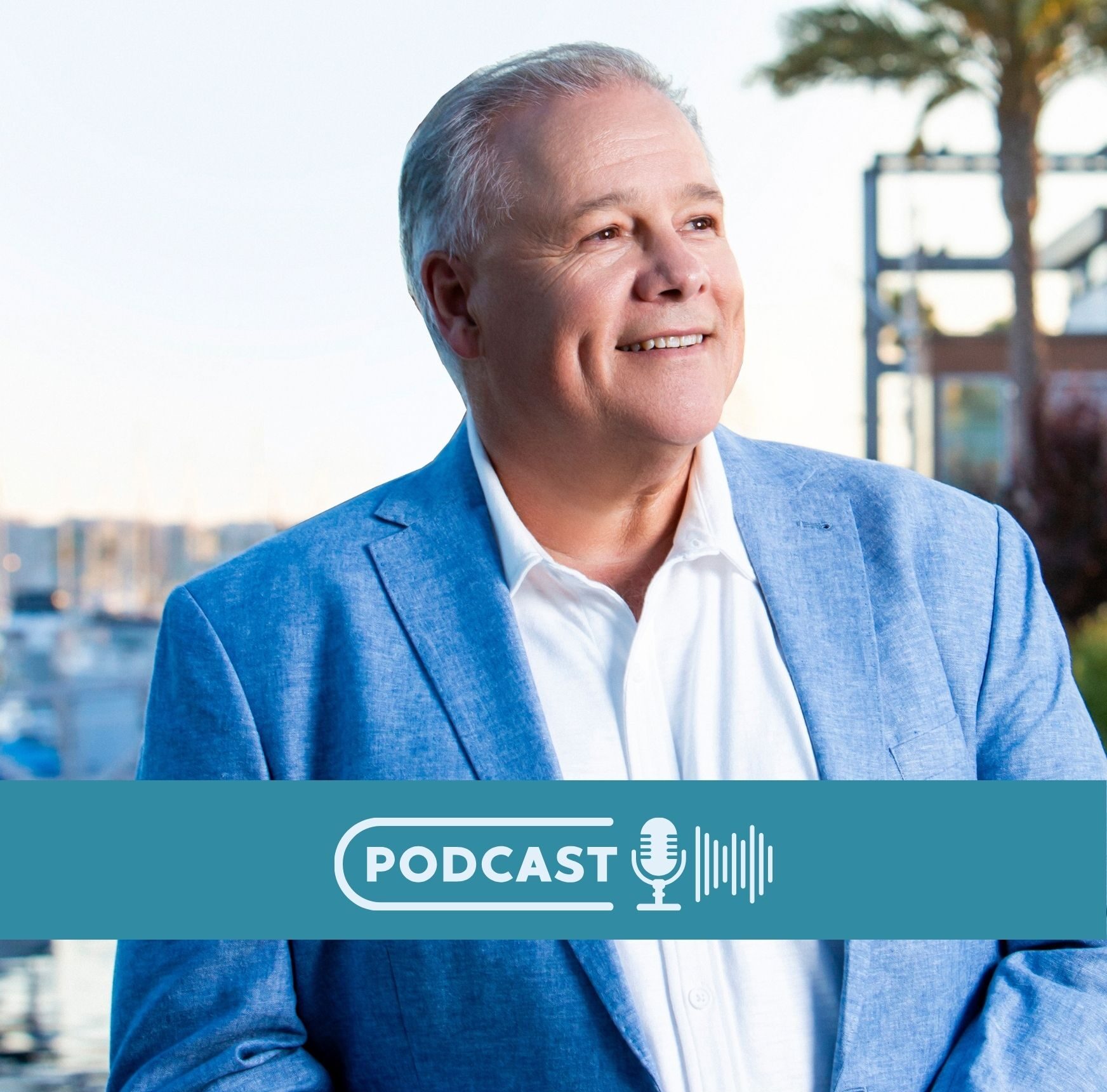In a world obsessed with data collection, there exists a profound paradox that few business leaders fully grasp: the companies that collect the least data often enjoy the greatest trust.
I recently had the privilege of speaking with Sheila FitzPatrick on The Wisdom Of… Show, and her insights were nothing short of transformative. As the “Cybersecurity Woman of the World in 2024” and one of the leading global experts in data privacy laws, Sheila brings decades of wisdom to a topic that most executives wish would simply disappear from their priority list.
But here’s what became abundantly clear: data privacy is potentially your most powerful competitive advantage in an increasingly skeptical marketplace.
The Bicycle Wheel: Understanding Data Privacy vs. Security
Sheila brilliantly framed data privacy using the analogy of a bicycle wheel. Privacy is the wheel itself, the complete lifecycle of personal data from collection to destruction. It encompasses everything: what you collect, how you collect it, what you do with it, how long you keep it, and who can access it.
Security, however, is just one spoke on that wheel.
“Security is the spoke that protects data from unlawful access and use or accidental loss and destruction,” Sheila explained. “And you can’t just think about security, which a lot of organizations do because that means you’re locking down data you legally may not be allowed to have because you didn’t go through your privacy due diligence.”
This distinction is critical. A data breach merely exposes what you’ve collected. The truly devastating revelation is often that you shouldn’t have collected that data in the first place.
From Compliance to Competitive Advantage
The most profound insight from our conversation was deceptively simple: privacy can be your competitive advantage, but only when driven by genuine passion rather than mere compliance.
When I asked Sheila if companies could use data privacy as a strategic advantage, her response was immediate: “Absolutely. It becomes a competitive advantage by being open and transparent and answering the privacy questions before people ask them.”
Those who win don’t bury privacy policies in website footers or create minimalist cookie consent popups. They proudly demonstrate their commitment to privacy through every business action.
Sheila shared a telling anecdote from her contract negotiations: “When I’m negotiating a contract and I ask about the privacy program… I want my privacy questions answered when they come back with a full dissertation on their security protocols. I will immediately walk away because they don’t understand privacy.”
The distinction is stark—companies that treat privacy as a checkbox item versus those who embrace it as a core value. In today’s skeptical market, this difference is increasingly visible to customers, partners, and investors alike.
I’ve observed this pattern across industries in my work with organizations seeking to articulate their unique genius. The companies that rise above commoditization are those that transform potential limitations into distinctive advantages.
The Global Challenge
With over 160 countries maintaining different privacy laws, the complexity can seem overwhelming. But Sheila offers a strategic approach: build a foundation of global privacy rather than handling privacy piecemeal across jurisdictions.
“Anywhere from 75 percent to 80 percent of the data protection laws are the same around the world,” she noted. “You can build that foundation and then you look at the 60 remaining countries and you say, ‘All right. Are they more restrictive or less restrictive?'”
By establishing a global framework based on the GDPR (or whichever standard makes strategic sense for your company), you can build a cohesive approach that adapts to regional requirements rather than starting from scratch in each market.
This speaks to a principle I’ve long advocated: complexity becomes manageable when you identify the core patterns and build frameworks that can adapt to varying contexts. It’s about creating a system that accommodates variation while maintaining integrity.
AI: The Biggest Threat to Data Privacy
“The biggest threat to data privacy today is AI,” Sheila stated unequivocally. This simply means companies need to approach AI with deliberate privacy considerations.
The critical questions businesses must ask include:
What data is being used to train AI models?
Is customer data being used by AI developers to train their models?
Where does the data reside and for how long?
How can data be deleted when necessary?
Is there human intervention in automated decisions?
These questions must be addressed before implementing AI, not as an afterthought.
“We need to have an AI privacy policy, guidelines for individuals of what data you can put into the environment, what you can’t put into the environment,” Sheila advised.
This is a perfect example of what I call “elevated thinking” versus reactive problem-solving. The organizations that will thrive in the AI revolution are those who approach these technologies with wisdom and foresight.
The Strategic Approach for Business Leaders
For leaders looking to embrace privacy as a strategic advantage, several principles emerged from our conversation:
Minimize Data Collection: Only gather what you absolutely need to serve your clients or employees. “The more data you collect, the more you put yourself and the company at risk,” Sheila emphasized.
Build Global Foundations: Establish privacy frameworks that work across borders rather than creating siloed approaches for each market.
Lead with Transparency: Make your privacy commitments explicit and accessible rather than buried in legal documents.
Approach AI with Caution: Conduct thorough privacy impact assessments before implementing AI solutions.
Make Privacy a Board-Level Concern: Elevate privacy discussions to the highest level of organizational decision-making.
This approach transforms privacy from a legal constraint into a strategic asset; much like how the best organizations I work with transform their complex methodologies into distinctive market positions.
The Renaissance of Wisdom: Data Privacy
Sheila’s deep expertise transcends mere knowledge. After decades in the field, she operates from a place of deep wisdom, recognizing patterns and implications that recent entrants simply cannot see.
When I asked about the influx of self-proclaimed privacy experts following GDPR, Sheila remarked: “There’s a lot of people now saying, ‘I’m a privacy expert’ and I want to go, ‘Yeah, really? Where were you 40 years ago? Before, everybody thought it was the cool space to be in.'”
This is what I mean when I talk about the Renaissance of Wisdom. It’s about having the discernment to apply that information with clarity, foresight, and purpose. When I asked Sheila how much she relies on her collected wisdom versus current regulations, her answer was telling: “I would say a hundred percent of the time I rely on the wisdom that I’ve gathered over the years.”
As Sheila powerfully stated, “Privacy can be your competitive advantage. And if you ignore privacy, it can be your reputational damage. And once your reputation is hurt, it’s hard to get it back… Data breaches, people get over, they understand how you handle it, but a privacy violation, that’s going to ruin your company.”
From Policy to Passion
Data privacy policies create competitive advantage, especially when they have a passion for privacy. When I asked if the public could tell the difference between companies that merely have privacy policies versus those driven by passion, Sheila confirmed: “You really can because if they’re passionate about it they can really talk about it. If they’re not passionate about it they’ll say exactly what you say, ‘Oh we have a policy about that’ or ‘We have a cookie policy’… it’s sort of robotic.”
Is privacy a compliance checkbox in your organization, or is it a competitive advantage? The market can tell the difference. Can you?
To explore how your organization can transform complex challenges into market-defining advantages, join me at my Masterclass.
And to hear the complete conversation with Sheila FitzPatrick, including her insights on how even small organizations can build robust privacy frameworks, listen to the full episode on The Wisdom Of… Show.










